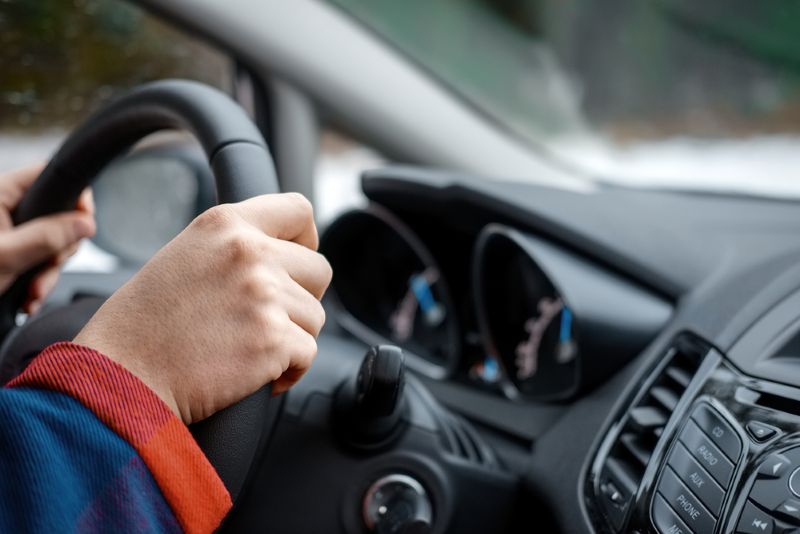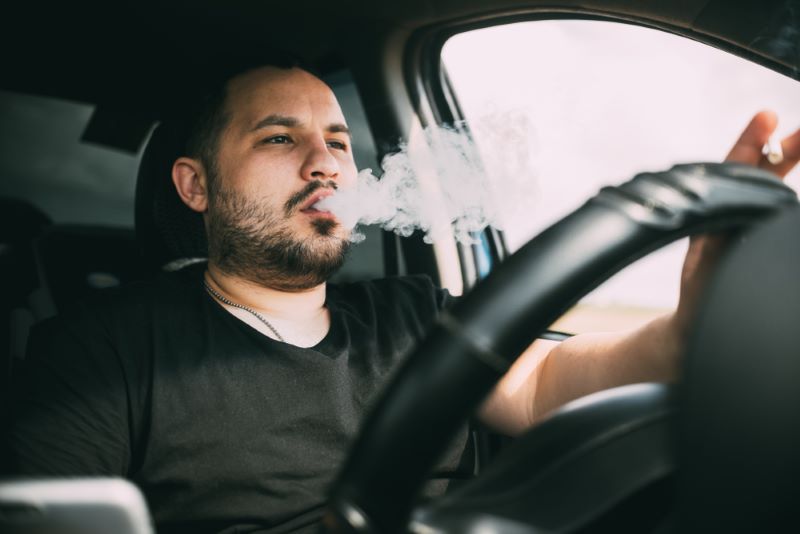Can You Be Charged With Homicide After a Fatal DUI in Colorado?
A fatal DUI accident is one of the most serious situations a driver can face. When a person is accused of causing another’s death while driving under the influence, the case moves far beyond a standard DUI charge. In Colorado, prosecutors can pursue a vehicular homicide charge, which is treated as a felony and can result in lengthy prison time. Understanding how these charges work and what legal defenses are available is critical if you or someone you love is accused of causing a fatal crash.
How Colorado Defines Vehicular Homicide
Under Colorado law, vehicular homicide occurs when a person causes the death of another through reckless driving or while operating a vehicle under the influence of alcohol, drugs, or both. The law distinguishes between two forms of vehicular homicide: one based on reckless behavior and another based on intoxication.
When alcohol or drugs are involved, the prosecution does not need to prove that the driver acted recklessly. Simply showing that the driver was impaired or had a blood alcohol concentration (BAC) of 0.08 percent or higher at the time of the crash is often enough to pursue a conviction. This makes DUI-related fatalities especially serious, as even a momentary lapse in judgment can lead to devastating consequences.
Vehicular Homicide vs. Manslaughter or Murder Charges
Although vehicular homicide is the most common charge after a fatal DUI, there are situations where prosecutors may attempt to elevate the case to a higher offense, such as manslaughter or even second-degree murder. This typically happens when the state believes the driver’s conduct showed “extreme indifference to human life.” For example, driving at excessive speeds through a crowded area while intoxicated could lead to more serious allegations.
Vehicular homicide due to intoxication is a class 3 felony in Colorado, carrying penalties that may include 4 to 12 years in prison and fines up to $750,000. However, second-degree murder or manslaughter charges can carry even harsher penalties. The key difference lies in intent and the level of recklessness involved, which is why a strong defense strategy is essential.
Evidence Used in Fatal DUI Cases
In a fatal DUI case, prosecutors rely on a variety of evidence to prove guilt. This evidence often includes:
- Blood alcohol concentration (BAC) test results
- Field sobriety test performance
- Police observations and dashcam footage
- Accident reconstruction reports
- Witness statements and expert testimony
- Surveillance video or black box data from vehicles
While this evidence may seem convincing, many aspects of DUI testing and accident reconstruction are open to challenge. A defense attorney can question whether testing procedures were followed correctly, whether equipment was properly maintained, and whether other factors, such as road conditions or another driver’s actions, played a role in the crash.
Building a Strong Defense After a Fatal DUI
Defending against vehicular homicide charges requires careful analysis of every detail. Even if a driver’s BAC was above the legal limit, the prosecution must still prove that intoxication directly caused the accident. In some cases, a mechanical failure, poor weather, or the actions of another driver may have been the actual cause of the collision. Establishing these facts can significantly impact the outcome of the case.
Other common defense strategies include challenging the accuracy of blood or breath tests, questioning the legality of the traffic stop, and disputing the reliability of eyewitness accounts. A skilled attorney can also present mitigating evidence to reduce the severity of the charges or negotiate for lesser penalties.
The vehicular homicide DUI defense attorneys at the Law Office of James Colgan understand how prosecutors build their cases and know how to identify weaknesses in the evidence. With extensive experience handling DUI and vehicular manslaughter cases throughout Colorado, attorney James Colgan provides strategic, aggressive defense for clients facing these life-changing accusations.
The Importance of Experienced Legal Representation
When a DUI results in a fatality, the legal stakes are as high as they come. These cases are emotionally charged and heavily scrutinized by prosecutors and the public. Without a qualified defense attorney, you could face years in prison, loss of your driver’s license, and a permanent felony record that affects your future opportunities.
James Colgan has dedicated his career to defending individuals accused of serious DUI-related offenses, including vehicular manslaughter and homicide. He understands the science behind DUI testing, the nuances of Colorado’s vehicular homicide laws, and the strategies that can make a difference in court. His approach combines detailed investigation, expert analysis, and strong advocacy to protect clients’ rights and fight for the best possible outcome.
Get Help from the Law Office of James Colgan
If you or a loved one has been charged with vehicular homicide or manslaughter after a DUI-related accident, you need legal help immediately. The consequences of a conviction are severe, but you still have rights and options. Acting quickly allows your attorney to preserve evidence, interview witnesses, and start building your defense before critical details are lost.
At the Law Office of James Colgan, we know that being accused of causing a fatal DUI accident is overwhelming. Our team provides compassionate support and powerful defense strategies designed to protect your future. To discuss your case confidentially with an experienced Colorado defense attorney, contact us today. We will listen to your story, explain your legal options, and fight for your freedom every step of the way.








